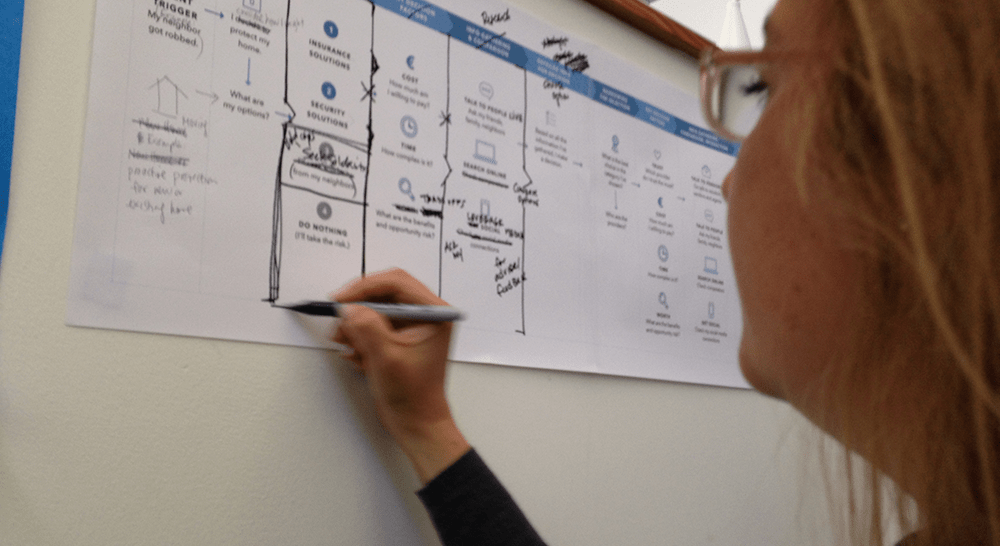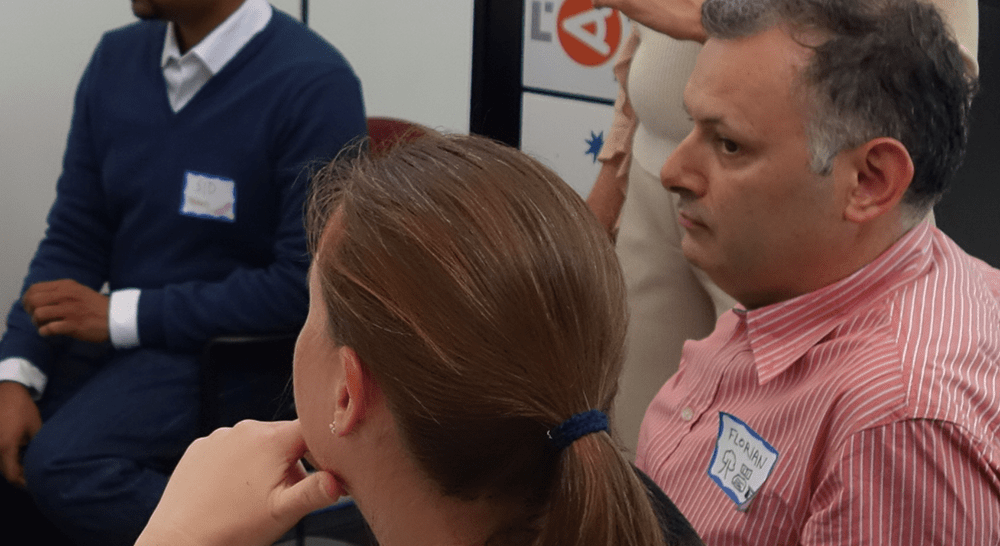
UX Lex
An evolving, interactive glossary of UX research terms.
It's ironic. Those of us who work in UX, user researchers included, aspire to create terrific user experiences. That’s what we do. But what we have done with our own terminology is to create a mess. Eighty UXers from around the globe began to address that problem in September 2019. Here is a sneak peek of that work. More details, and full credits, to come. Sign up here to get weekly terms in your inbox >>

A/B Testing
An experiment where two versions, A and B, of a creative treatment (e.g. email, concept, web page or app) are shown to different users randomly…

Benchmark Testing
Based on the idea that all improvements should be measurable, a benchmark is an initial baseline assessment or measurement, taken before…


Cognitive Walkthrough
A combination of observation and a user talking aloud to evaluate the experience and perceptions of a product/service/website/retail…

Contextual Inquiry
A research method that involves observing people in their natural context (in person or remotely for some topics), and asking semistructured and or unstructured …

CX / Customer Experience / CX Research
Customer experience (CX) refers to the perception of a brand, product or service formed by the interactions and experiences individuals have had across any touch points (e.g. e-commerce, social media, …

Evaluative Research
Evaluative research is an umbrella term for studies in which participants are “evaluating” something such as a storyboard, video, sketch…

Generative Research
Exploratory research is used to build a foundational understanding for problem definition and to identify potential opportunities and solutions…

IDI / In-depth Interview
A method to gather information via a live, interactive conversation. The researcher/interviewer explores the research topic designed to meet the research objectives…

Intercept Interview/Survey
Interrupting someone digitally (via pop-up window, chat, banner ad, etc) or physically (in-person), while they are engaged in a specific activity relevant…



Primary research
Primary Research can be a quantitative research and/or qualitative research study commissioned to gather first-hand feedback directly from or about a defined audience(s). The data is owned and controlled

Qualitative Research
Qualitative research originated in the social behavioral sciences (e.g. sociology, anthropology and psychology). Today, in the context of business, qualitative methods…

Quantitative Research
The purpose of quantitative research is to generate research study responses that can be counted, in order to project results for a larger population…

Secondary research / desk research
Research conducted by gathering and reviewing data from existing sources. When you want to gain an understanding about any topic - including but not exclusively product, market, audience, …

Survey / aka Questionnaire
A survey contains a set of baseline questions about a particular topic to collect self-reported and self-recorded data from a large number of individuals in a specific category. Ideally, the results are intended to achieve statistical significance. Responses may be provided …

Unmoderated Study
An unmoderated study records responses and interactions focused on a very specific task and/or a defined question set, without a facilitator or moderator to guide …

Usability Research
Usability research is a specific facet within user experience research. It focuses on defined tasks (e.g. comprehension of an instruction manual, or ease of navigating a website to find something, etc.,) that contribute to the ease and effectiveness of …

Usability Test
A usability test comes under the umbrella discipline of usability research. It is a study with a directed, typically task based objective. The focus includes understanding the learnability, efficiency, memorability, error recovery, …
Looking to get involved? Great!
Enormous accolades to the dozens of people who have already contributed to this work.
WE ARE ACTIVELY LOOKING FOR PEOPLE TO SUPPORT THIS INITIATIVE!
Share feedback on these definitions and any terms we may be missing. Learn about project sponsorship and advertising.
Have another idea or question? Great! Send us a note.

